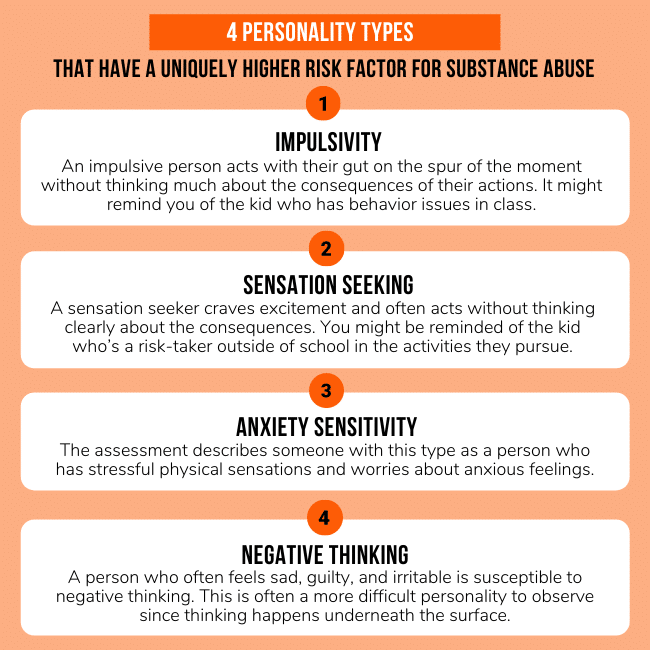Anxious Kids Need Unique Support
This article is the fourth in a 5-part series on the 4 Personality Risk Factors.
Have you ever sat next to an anxious flyer in an airplane? Every jolt, bump, or noise can trigger a physical reaction of fear and anxiety in them. Some people with a fear of flying attribute it to a specific incident, a traumatic experience that continues to stay with them. For others, though, they can’t explain where the fear comes from, it’s just ever-present.
For people who rarely feel anxiety or fear, it’s difficult to understand someone who’s plagued by it. To them, it just makes little sense to feel afraid or to live out of a sense of caution. But for people with high sensitivity to anxiety, they can hardly imagine a life that’s carefree or calm.
Psychologists over thirty years ago classified a type of person who is especially prone to anxiety as having Anxiety Sensitivity.
For this person, not only do they experience anxiety and fear more often than most, but they also suffer from the idea of anxiety and anxious feelings. They feel anxious about getting anxious.
Maybe you’ve noticed one of your kid’s anxieties about using the bathroom. It’s not uncommon, especially for young ones, to fixate on the need to go to the bathroom several times before leaving for school. They worry that they’ll be stuck in a moment when they don’t have access to the bathroom, and the fear of an embarrassing, humiliating moment overwhelms them. So, their survival mechanism kicks in through the form of anxiety and they have to go several times before leaving home.
That’s a snapshot of what some people deal with all the time and not just about the bathroom. It could be anxiety about vomiting, about being picked on, or about being enclosed in tight spaces.
Here’s a sobering reality: anxiety sensitivity has been linked to alcohol abuse later in life.
As someone experiments with drinking, they recognize a byproduct of alcohol’s effects — a decrease in the sensations of anxiety. Enjoying and appreciating the relief, folks with high anxiety sensitivity can easily slip into self-medicating by drinking, in order to find reprieve from fear.
It makes sense, and through an empathetic lens, it’s easy to see the relief that someone can find through the escape. But, it’s a major problem since we know that frequent alcohol use and abuse will lead to psychological, relational, and physical harm.
Recent research sheds light on what makes one person more vulnerable to substance use issues than others, and it has to do with their personality. The research demonstrated that personality factors can be highly predictive of who develops problems with alcohol and substance misuse.
There are four personality types in particular that seem to have a higher correlation with struggles.
So what can parents and adults do to support (and appropriately intervene) kids who are high on the anxiety sensitivity scale?
- Be mindful of the risk factors and thoughtfully educate kid(s) on the connection between anxiety sensitivity and alcohol misuse. Intervention studies have shown that students who are more aware of their risk factors make wiser choices.
- Teach them effective ways to manage their own anxiety and fear. Through proven practices like mindful breathing, extra intentionality in a holistic, healthy lifestyle including proper sleep, nutrition, and exercise, as well as coping mechanisms when in a state of panic, can all go far to help kids gain a sense of control.
- Avoid any sense of shame around anxiety or fear. No, they can’t just toughen up. They can’t just intellectually override their sense of impending doom. They can’t just stop thinking about whatever they’re feeling anxious about. Rather, we can come alongside them in a compassionate, patient way, allowing them the chance to feel safe with us, to share their experience, and to find a sense of grounding through a healthy bond.
It’s difficult to be an adolescent. Much more difficult if you’re dealing with an anxiety issue. But we can be intentional to guide students through those years and help them grow in self-awareness and healthy coping strategies for self-management. Those are the foundation for a thriving life in the future.
Natural High has an activity that you may find helpful for your child or your students. We can likely all benefit from learning strategies to handle stress and anxiety better. Pair this activity with Natural High Storyteller Colleen D’Agostino’s video.
Colleen shares about her struggles with loss, grief, and depression and how turning to a creative outlet helped her work through a painful season in her life. Watch her story here and share it with the kids in your life.
If you’d like to learn more about helping kids to manage their anxiety, read a recent article we shared here.
To start from the beginning of our 5-part series on the 4 Personality Risk Factors, read our article here. Discover We go over each personality type and how to guide kids well to make the healthiest, wisest choices in spite of their unique challenges.
Read the final article in our 5-part series on the 4 Personality Risk Factors here: negative thinking.
The 4 Personality Risk Factors Table of Contents:



